Vinyl Sales Slump Quality Blamed
A move to making vinyl records from digital files instead of the original analogue recordings is causing concern in the industry with sales slumping in the first half of 2017.
In the first half of 2015, sales of vinyl records jumped 38% compared to the same period the prior year, to 5.6 million units, Nielsen Music data show.
A year later, growth slowed to 12%. This year, sales rose a modest 2%. “It’s flattening out,” says Steve Sheldon, president of Los Angeles pressing plant Rainbo Records. While he doesn’t see a bubble bursting—plants are busy—he believes vinyl is “getting close to plateauing.”
Despite the resurgence of vinyl records in recent years, the quality of new LPs are not as good as “old” LP’s claim observers because record Companies are resorting to laying down vinyl from digital sources.

Old LP's were cut from analogue tapes—that’s why they sound so high quality.
But most of today’s new and re-issued vinyl albums—around 80% or more, several experts estimate—start from digital files, even lower-quality CD's.
These digital files are often loud and harsh-sounding, optimized for ear-buds, not living rooms. So, the new vinyl LP is sometimes inferior to what a consumer hears on a CD says Michael Fremer, editor of AnalogPlanet.com and one of America’s leading audio authorities.
“They’re re-issuing [old albums] and not using the original tapes” to save time and money, “They have the tapes. They could take them out and have it done right—by a good engineer. They don’t.”
When labels advertise a re-issued classic as mastered from the original analogue tapes, the source can be more complicated.
Sometimes they are a hodgepodge of digital and analogue. Often “labels are kind of hiding what’s really happening,” says Russell Elevado, a veteran studio engineer and producer who has earned two Grammy's working with R&B singer D’Angelo.
Major labels say they use original analogue masters when possible. Sometimes tapes are too brittle to be used to make a vinyl master. Low-quality re-issues may be the result of less-reputable labels that can’t afford to shell out big bucks for engineering and record-pressing, says Billy Fields, a veteran vinyl expert at Warner Music Group.
Universal Music Group and Sony Music Entertainment, the two other leading music companies, didn’t make anyone available to comment.
Today’s digital files can sound fantastic—especially for hip-hop and dance music. But engineers say they need to be mastered separately for vinyl to have the right sound.
To meet deadlines for releasing new albums, labels can’t always cut vinyl to the absolute best audio quality, says Fremer, who declined to discuss specific examples on the record because it might alienate others in the industry.
Another culprit for vinyl’s slowdown is cost: analysts estimate vinyl has gone up four to six dollars per album in recent years. So-called “180-gram” or “audiophile” records, marketed as higher quality, can cost $30 to $40. Their heaviness makes them more stable during playing, experts claim and as such records might last longer. But any sound differences are “very marginal.”
Read the original article here ~
Article source: www.channelnews.com.au
Written by David Richards


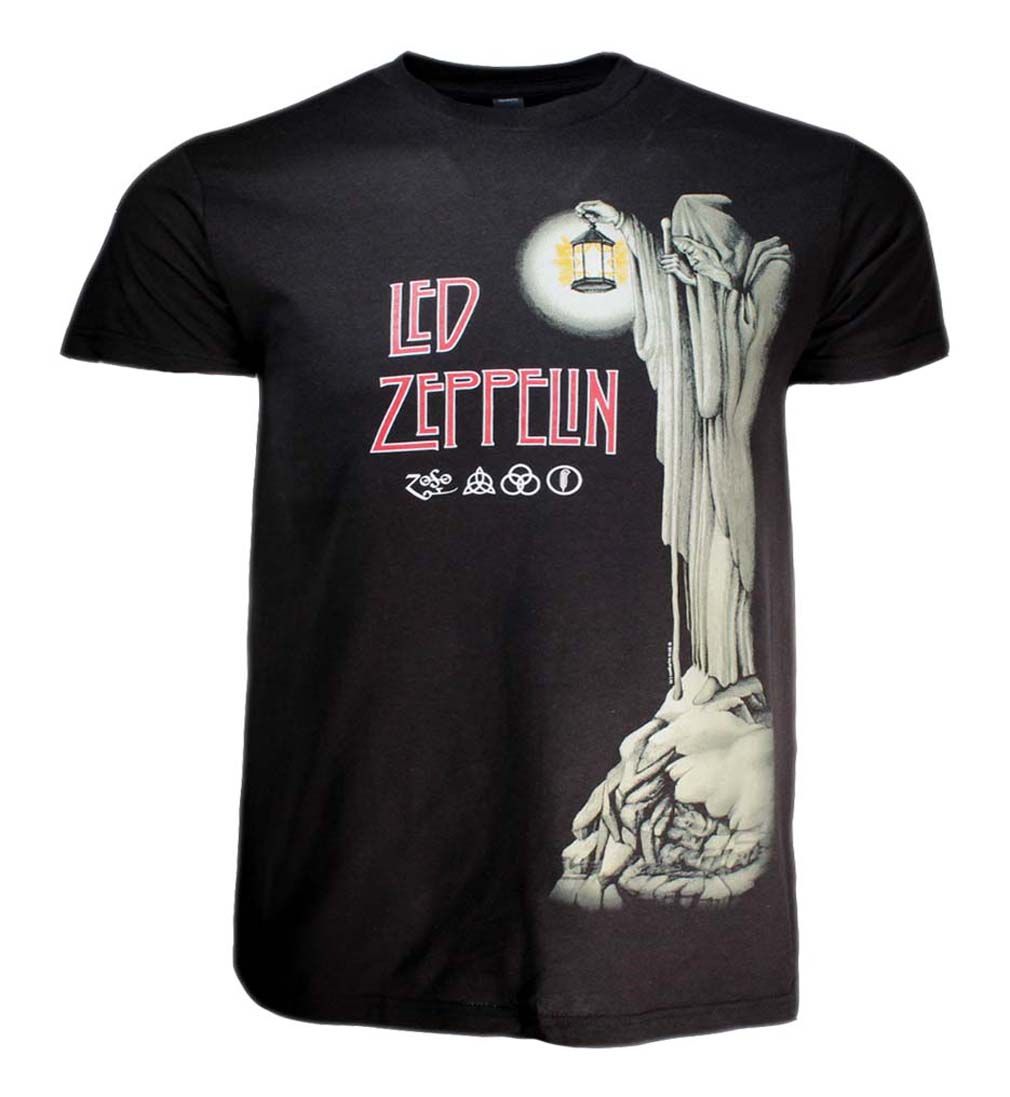
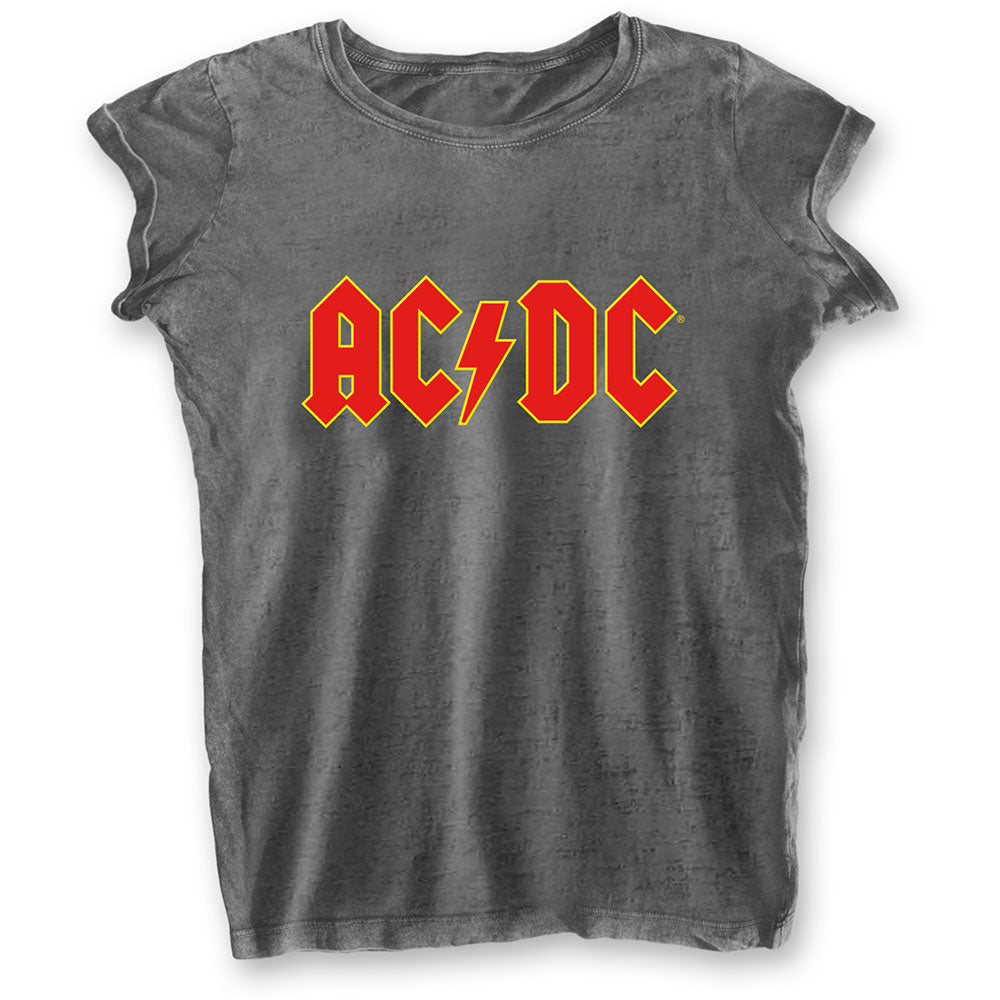
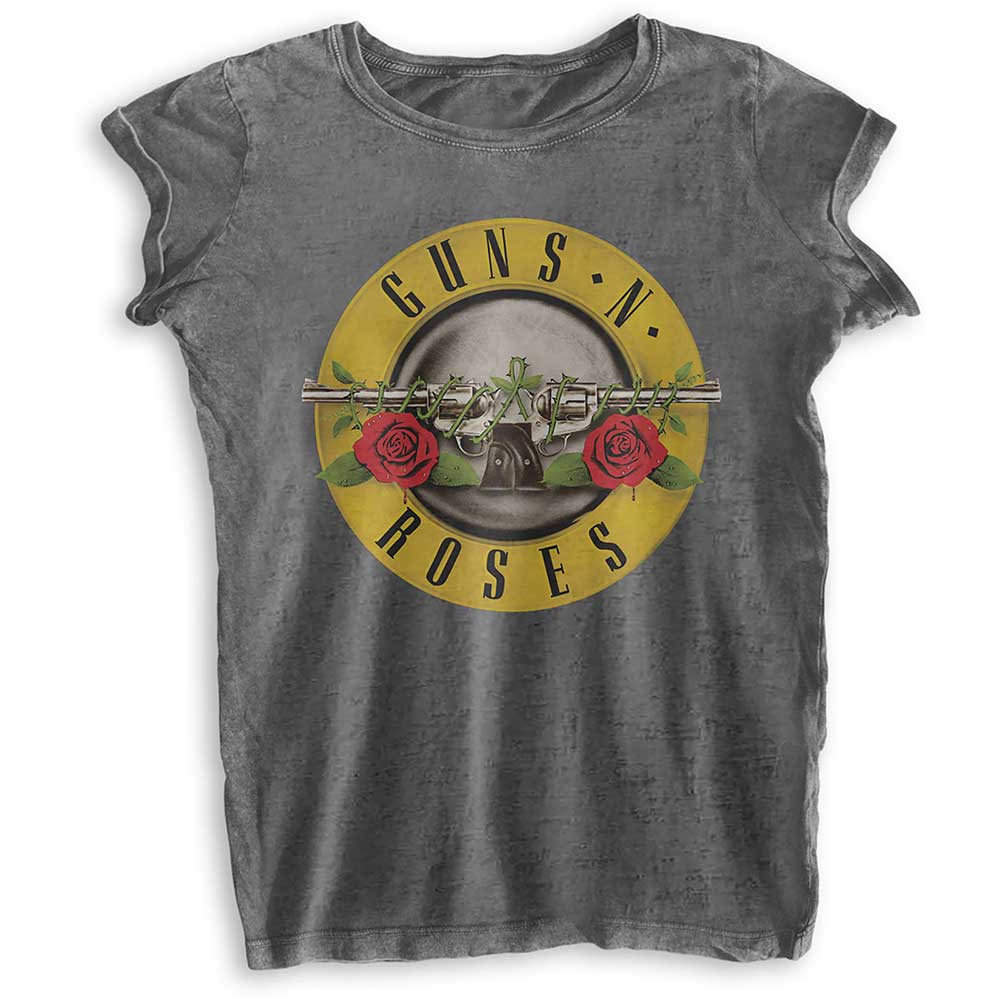









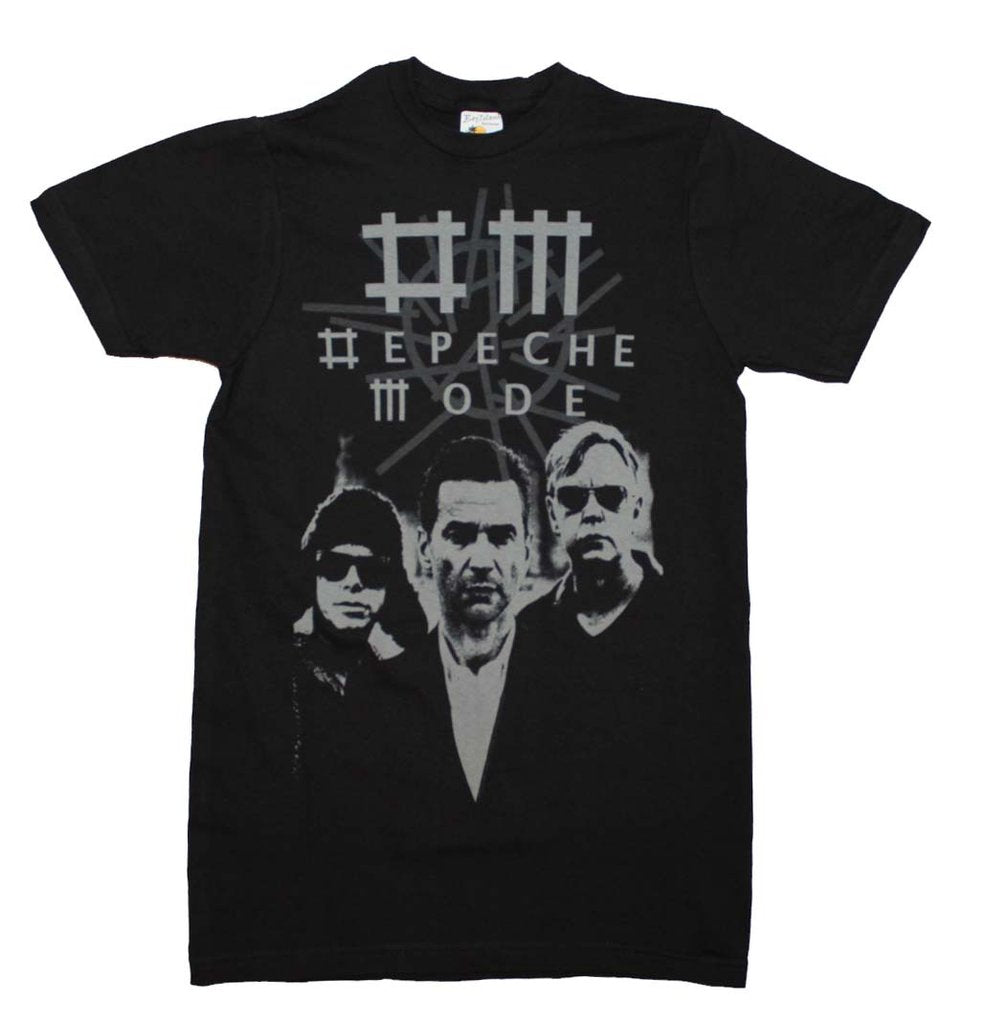


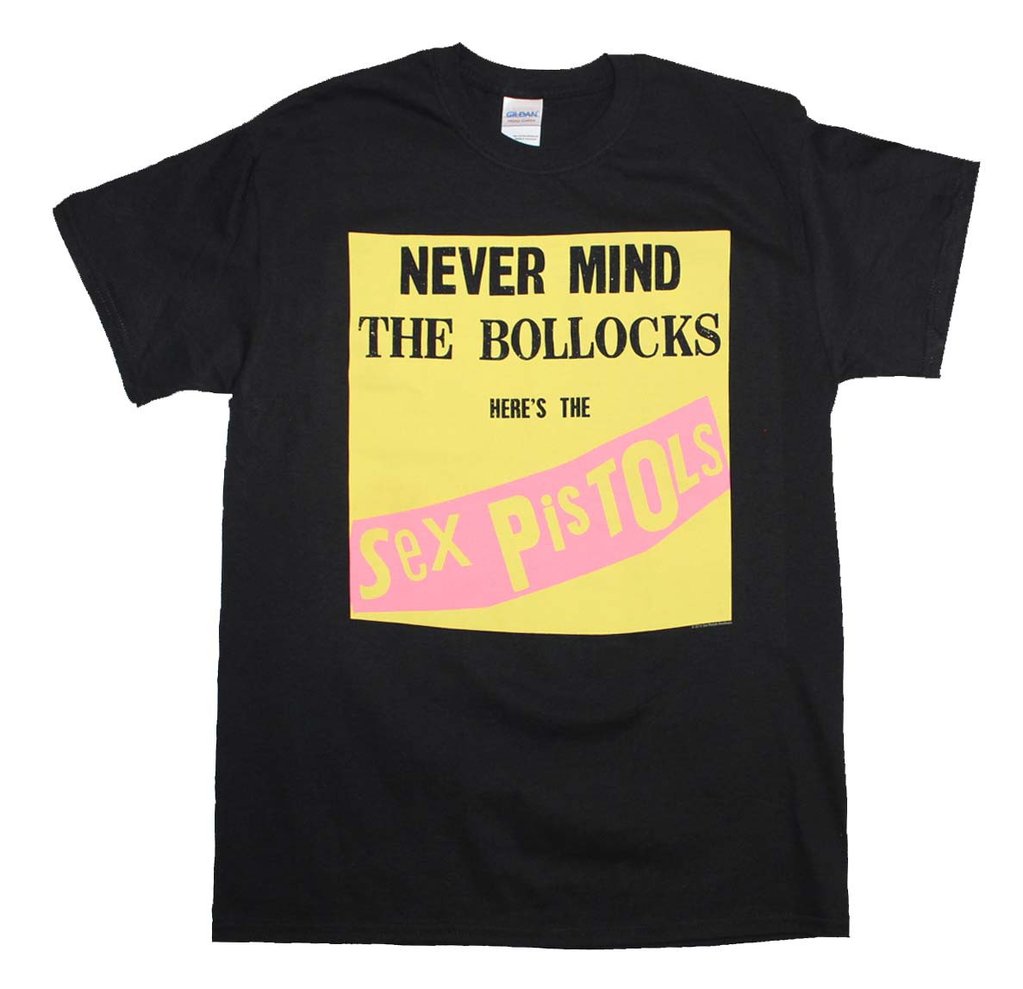
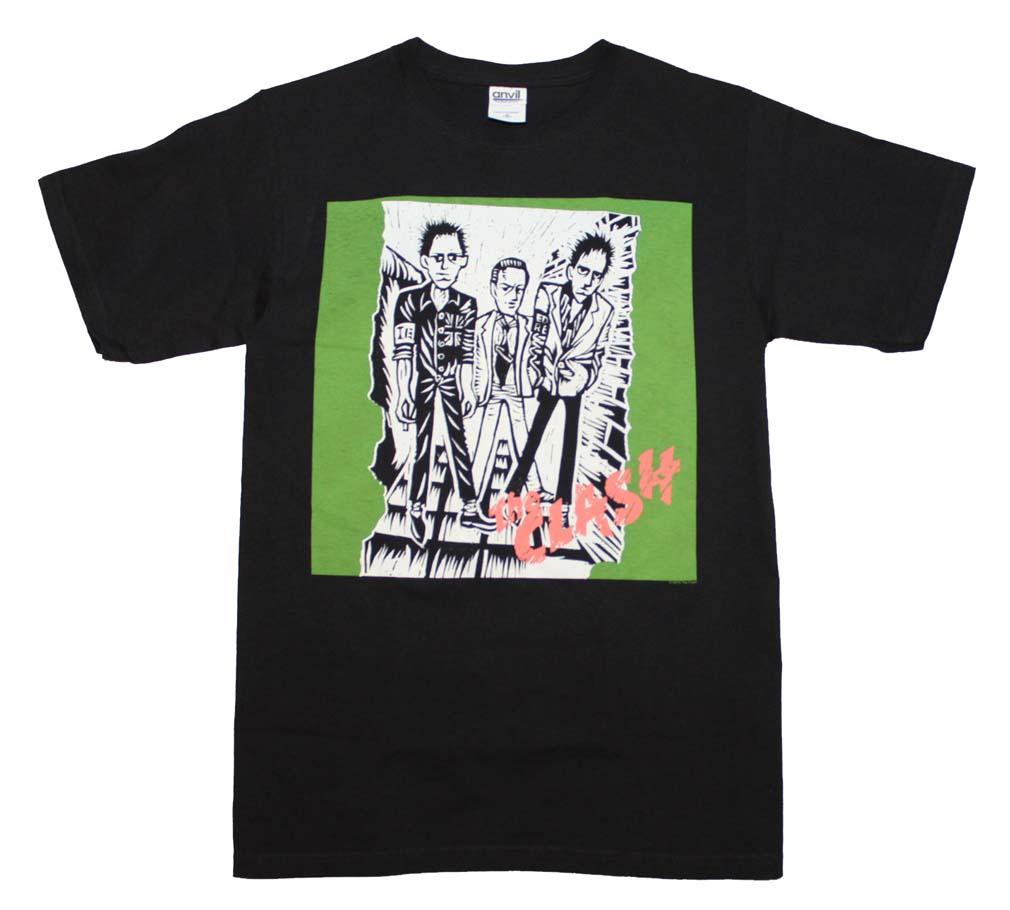
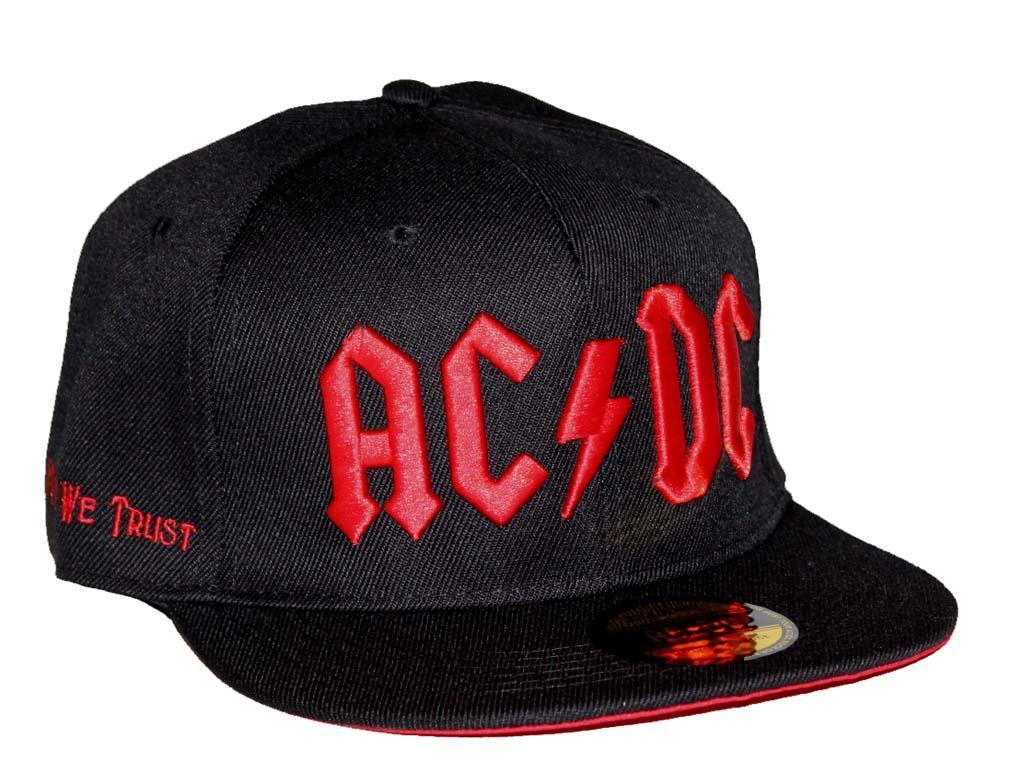
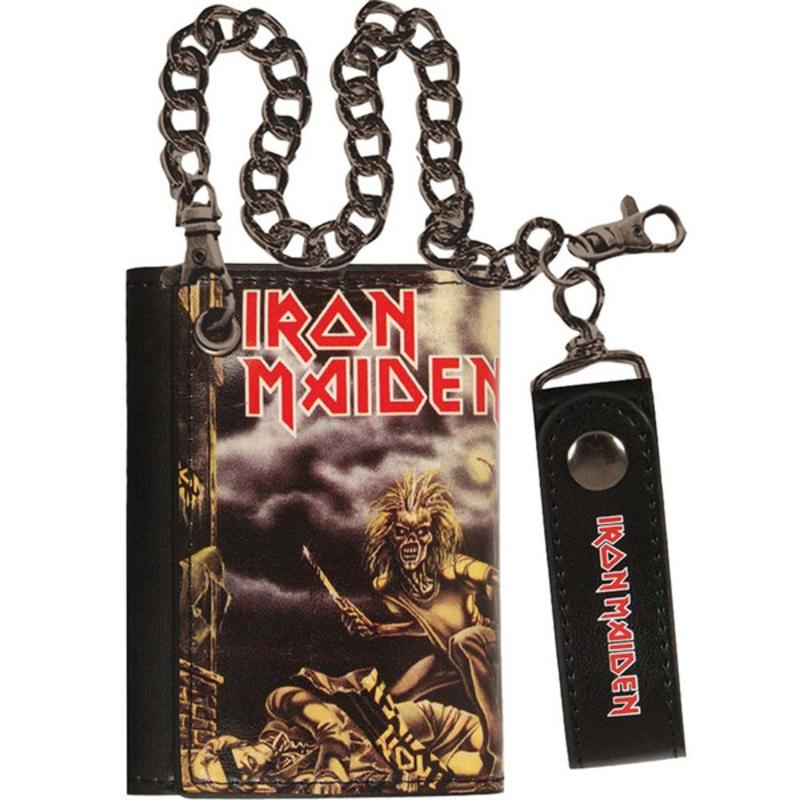

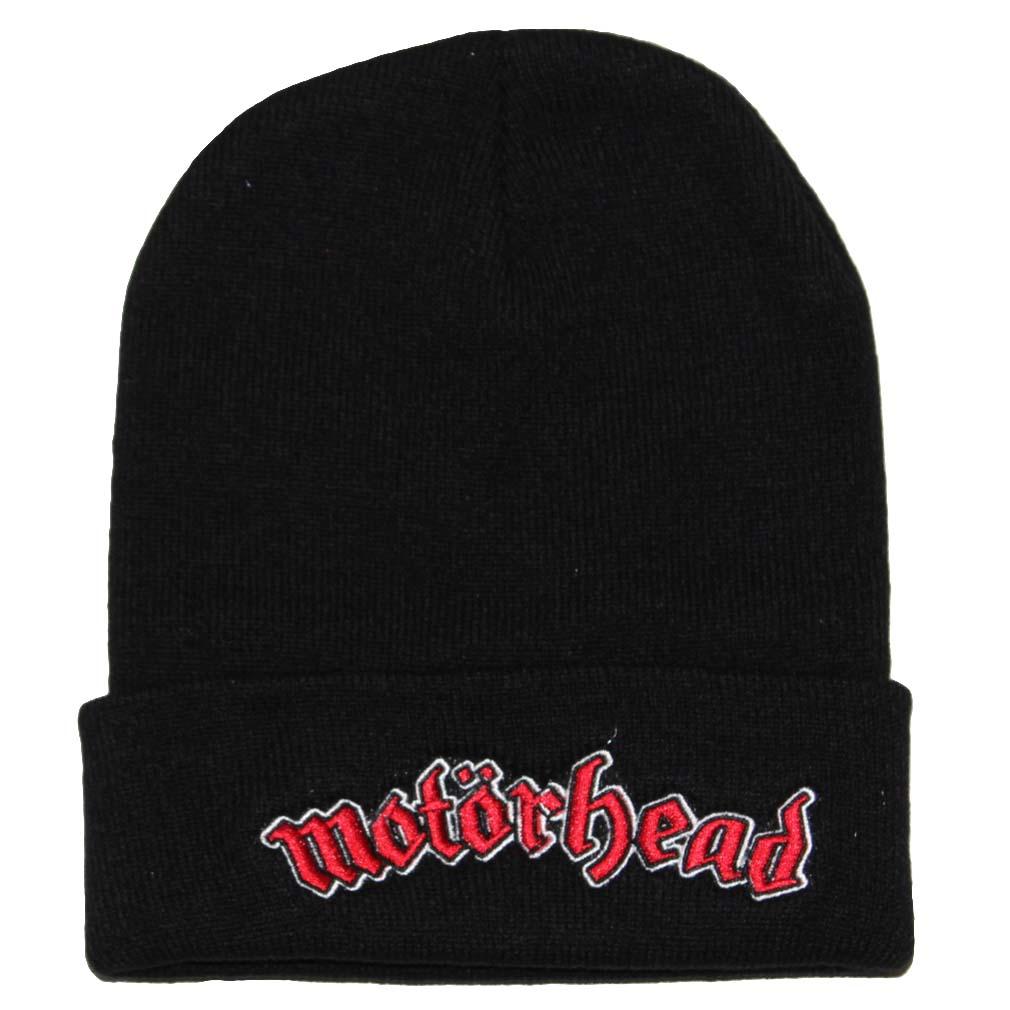
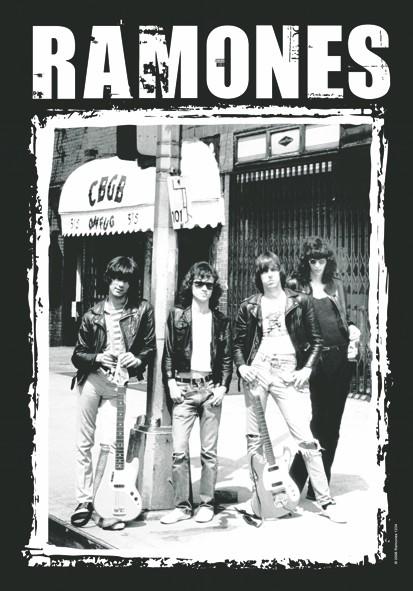
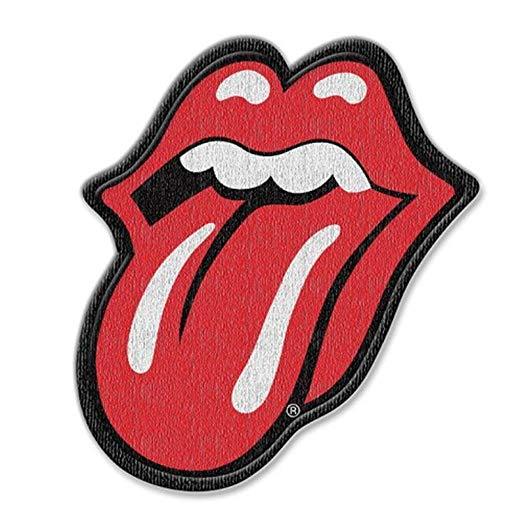

Comments
37 comments
Alex
Huh… I have old vinyls from the ‘70 and they sounds like heaven… From ’80… hmmm not so good but still ok. But now… it depends, The National vinyls are bright colours and they sounds perfect and newest U2 album Experienced…. it sounds like from wc compact and presssing is poor quality (colour vinyl). I had three pieces and all three was pressed like "don’t care, give us money, we’re selling vinyls". I guess it is Universal group problem. I’m living in EU so I have only EU pressing. I’m wondering if US pressing is the same crap.
Pete Lyall
I find that albums by bands like Wilco, Decemberists, Clutch sound better on record than on CD. I have great equipment, so l know. The problem is that some labels like Capitol, EMI, Domino have terrible quality control. Labels like Merge, Sub Pop, Columbia and Sony have perfect pressings. The prices don’t relate to the quality either. Sub Pop records can be had for under $20. I will not pay $40 for a single LP.
Also, my local dealer won’t do returns on faulty records. The whole system needs to be straightened out and standardized. Like it was in the 70’s.
Paul Bick
Bad pressing are a MUCH bigger problem these days than bad recordings. I’d say one in every five new records I buy has pressing/handling flaws – ranging from scratches and fuzed debris noise to misalignments and distortions of every imaginable variety. The records look so thick and creamy – but often sound like shit. I’ve wondered a lot lately if the art of lp pressing has been lost somehow.. Frankly, I’m happy to pay $30 for a new (2 lp) record – if thats what it takes to pay the artists properly and get an excellent product to my door.
n
Support independent record shops. Period.
Wayne's world record shop darwen Lancashire
Hello all I don’t like the sound of new vinyl at all . last year I got a new album and then a week later I come across a first pressing and the sound was so much better I even don’t stock new vinyl in my shop be cos collectors say the same it’s just not the same
colin dickinson
i have just started a small label with pressings of 500 copies at a time. so these are costing around the £1600 – £1700 mark. just over £3 per disc. and that cost per unit would reduce if i did more pressings. so when i walk into a store and see albums selling for £30 that are by big name artists and are pretty much guaranteed to shift huge quantities i find it very hard to understand what all that extra expense is covering. it’s just sheer greed by record companies, and i can bet that the extra profit does not get passed on to the artist. most record company executives have very little, if any, interest in the music they are releasing. all they think about is the profit.
John S
Firstly, first pressings of old records are never necessarily the best quality, as there is always a push to get the product out there and this can result in adjustments being made with a second run.
The distinction between poor mastering and poor pressing is also something to be clear about. I’ve managed to buy one new pressing, for example, on Back To Black that I kept. Every other one had clicks, pops, and even foreign matter pressed into them. Absolute rubbish. These are new, sealed records.
With poor quality mastering, those of us that started buying CDs in the 80s remember how awful the sound quality was with the first CDs to come out. I still have a few of the early Rolling Stones reissues and they are really poor, so one hopes that eventually like with cd production the skill base will improve and with it quality of mastering, as long as the companies change their mindset and stop seeing records as money for old rope.
Ade Swat
As a marketing man I have a somewhat more cynical view as it affects me too. Could it just be that the cost of new records on LP (sorry I will never ever say vinyl) is just too prohibitively expensive for sales to ever reach the masses again? Simple dynamics..reduce the cost and people will open their wallets. £35 for a single album? Absurd.
Andrew
I find it confusing! I agree with most of these posts that say that the old analogue recordings sound much better than the more recent digital ones but can anyone explain why Joe Jackson’s Body and Soul album sounds so amazing yet was one of the first digital recordings ever made back in 1984?
Harry Price
If the digital master is high quality, the lacquer disc on the lathe should have high quality. The digital signal gets converted to analog before it gets to the cutting needle. CDs have a 44.1Khz sampling rate, but you can go much higher with the right equipment.
Mark
The problem in the UK is , we only have one major retailer of music on our high streets- HMV . ( leaving out a few of those wonderful independent record shops!) . HMV have been very slow to cover the demand for vinyl in the last ten or so years . So they tend to stick to stocking the most popular LPs – most of which are poorly rerecorded for the masses , and way overpriced.
Antonio Martinez
Lately I’ve been leery of the word “REMASTERED”.
My older brother always said that with old vinyl records, analog means you get all of the signal, and that if you send the output of a CD through a O – scope, you see all the clipping.
Tom
Mark, When inventing the CD standard in 1981- the engineers did it right. In fact- the specs exceeded the technology available at the time. But now digital audio tech has significantly evolved and on a high end CD player- music can sound excellent and every bit as good as vinyl if not better.
It’s all to do with the mastering. Sure- some early mastered CDs didn’t sound too good because the tech & experience was lacking. And like the article says- most modern CDs are made from “digital files (which) are often loud and harsh-sounding”. Its called the “Loudness War” (google it)- and its a big part of why CDs and mp3s have gained a rep for crap quality sound. Vinyl records made from loudness war mastered files will sound just as bad as a loudness war mastered CD.
However Vinyl records made from properly mastered digital files can sound great. Thats the skill of the mixing & mastering engineers. And most modern digital masters are 24/96 HD, but even if mastered from good ole regular 16/44 CD rate through a quality D/A converter- most people wouldn’t tell the difference (its been proven in double blind listening tests- the ‘difference’ between HD & regular).
I just wish the mastering was done properly on all releases- digital and analog. I would buy modern music again and not always have to question what master was used to make CDs or records I was considering. I also wish vinyl cutting/ pressing plants would focus more on quality and less on heavy 180g plastic… things like centering the hole in the exact middle of the record- makes a huge difference.
Adrian martin
I own a record shop, and if you ask me, I would say that new vinyl is just a cd in disguise, if you kids think that your collecting something that will be worth money one day, don,t kid yourself, buy analogue old albums, better sound, better artists, better songwriting
Gian L.
Still the problem is not digital masters vs analogue masters. The problem is CD masters utilized to print vinyls. That is the apocalypse for audio which unfortunately they do, so very often. You can have a great digitally captured high definition master and produce vinyls from there – or have lets say a faithful digital capture from an iconic analogue consolle , and print vinyls. It will always have superior qualities than CD. DSD is still a less common option, but much more efficient and close to analogue performance as a consumer digital experience.
Jim pedersen
I understand that the mastering is done different for digital CD format and for Vinyl. If you make a digital mastering on vinyl it does not sound good at all.. the knowledge of mastering for vinyl may be missing?
Jared Purdy
I have no idea where the author of this article got his data from, but in Toronto, Canada, record sales are off the charts. Record stores can’t keep up with demand. I spend at least $200 a month on records, with about 60% of them being new. There is the occasional bad pressing, but I would not say that it is any more frequent than what I encountered through the 70’s. Maybe the thrill of vinyl is over-hyped for some people, and it has nothing to do with bad pressings?
Tommy Messore
I’ve been listening to/collecting vinyl since the very early sixties, there is no comparison to the old vinyl and the "new digital “re-dos.”. The old analog pressings are far superior to what they’ve turning out now. And, the prices for the digital platters are insane! A single album is Now around $19.00!, from there to as high as Fourty or more, for some titles. Please, think of the consumer, not your fat wallets. That is, IF you want vinyl to succeed like it did, way back when. WHEN MUSIC WAS GREAT, not like the crap they’re churning out now. Seems like anyone with big bucks can put an album out, far cry from the music of the60’s, 70,s, and 80’s. The great factor is, when all this new swill is gone and forgotten, OUR MUSIC WILL STILL BE AROUND, and that’s a fact, fans.
Sincerely, the Wizard
Dave Ziola
If you are cutting vinyl from digital files, that’s pure laziness. For the prices being asked for LP’s, they should deliver a quality product. They can double sales if they bring bag more special issues of top hits on 45 rpm. These are highly desired by collectors of 45’s and jukebox enthusiast.
Phil Thompson
None of this is anything new. Recording quality has always varied dramatically be it analog or digital.
The most important thing for the consumer who is interested in sound quality is getting access to the musical information that is stored on the record. A lot of record players don’t do a great job of retrieving this information but some do and you don’t need to spend a fortune.
Look at designs from Rega or Project, they are simple and well engineered.
You may well find those poor recordings aren’t actually that poor at all once you can actually hear a bit more of the information stored there..
Michael Vinger
I collect used records, preferably first pressing LP’s, à 90%+ guarantee for superior sound. Reissues of today are rarely made with the listener in mind. The art of vinyl mastering was almost lost during the loudness war, but luckily not totally forgotten. You get a hang of what modern music sounds better om vinyl with a little trial and error. Most metal music does. This link might be helpful: http://dr.loudness-war.info
Kris B.
This is nonsense. Since the mid 80s, almost all cutting lathes have had a digital line in place instead of an analog tape delay – very few still have that tape delay and have had their signal digitized somewhere in the process. The reason for the declining sound quality is the people cutting arent as experienced as the people who had to do it every day. Same with the pressing plants not having stringent quality control.
Thomas H
This article is 100% accurate. I spend time researching the source material before purchasing new vinyl. I won’t get ripped off again with repackaged cd-sounding harsh records. Now it’s new AAA or I find an old copy online.
Ralph Volkert
There will always be someone willing to make a fast buck selling an inferior product!
This year we had several NEW and completely reengineered pressing plants come on line In Canada and the US as well as Europe. This should significantly reduce the time and cost to produce the new LP’s.
Recently I heard that Randy Bachman was opening a new ANALOG recording studio in British Columbia Canada. It has taken time to recreate the infrastructure for vinyl. But it does appear to be coming!
In the past there have been great analog tape masters done in very modest places with a minimum of overhead. A big old house with great acoustics, a multi track tape recorder w/sound board and an engineer who knew what he was doing, have produced amazing masters in the past. I am sure they will again!
Yes I have a great collection of old albums. But I have been lucky in the new album purchases I have recently made as well. (Disturbed’s last album is a great example!) And of course I have replaced some old albums with high quality re-issues That sound as good as the original. I am looking forward to the future of vinyl and anticipate great things!
Lance Lawson
A digital file made from a tape will sound like the tape it was recorded from. The ADA processors used by record companies and mastering houses are of extremely high quality. They don’t master from Soundblaster cards. Virtually all new music recorded in the past 20 years is digital. Classic rock albums may still have the original tapes or even the metal pressing master but the albums the kids buy of new bands have never been on tape at all. Those albums get cut from digital masters period. In the beginning the kids were buying records from the baby boomer era as that was all there was but now they can buy old new and reissue and they’re buying new releases. Sorry to say the record industry is not geared anymore towards the baby boomers. It’s future is with the kids and young adults and the vinyl they’ll buy will be the music directly pertinent to them.
-
1
-
2
Next